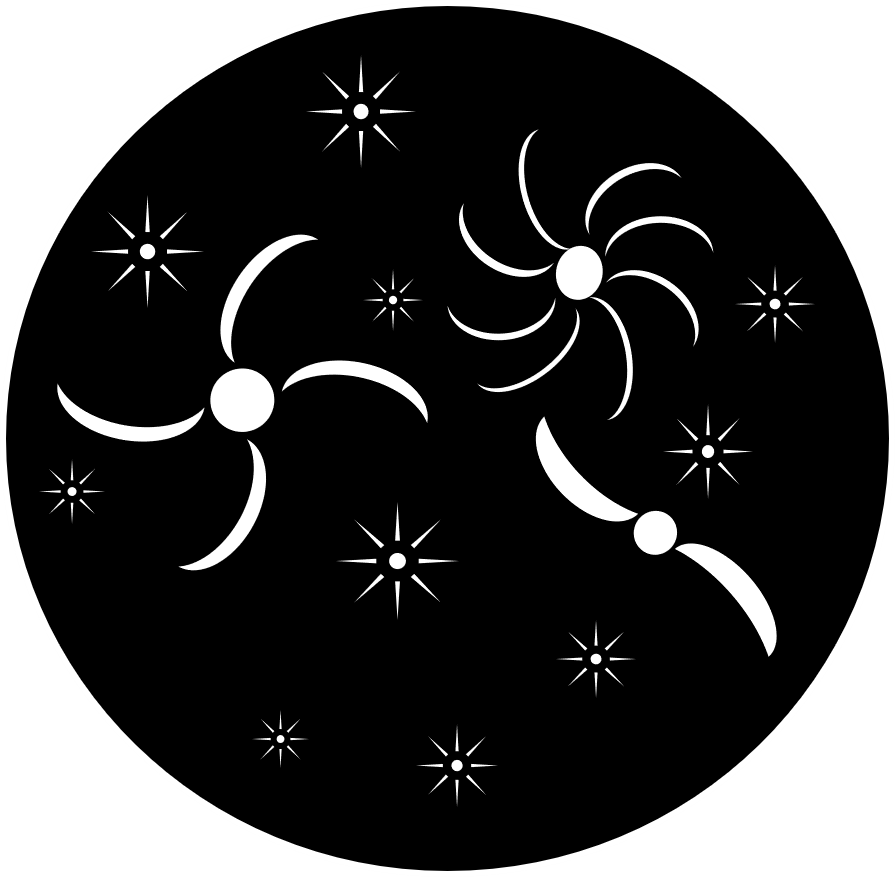With poetry remaining, for now, something of a mystery, I've turned my attention towards instead applying certain poetically derived techniques to my prose.
Audience and Word Choice
For whom you are writing matters, and whether your story is enjoyed or not will depend almost as much upon who is reading it as on what you put into writing it.
Educational Omission
Despite categorizing many of my posts as ‘educational content,’ I rarely set out to teach you something in a rigorous fashion; instead, I am usually attempting to explicate a specific concept or idea, without providing full context or progressing through an entire topic.
Automatic Stories
Today’s post is not so much about the details of the technology, or pondering whether we will one day live in some kind of post-scarcity utopia in which our machine-slaves can solve all of our problems, generate optimal art, and fulfill our every whim in addition to freeing us from manual labor and rote tasks, as it is about reflecting on the nature of creativity and the process that we are really going through when we attempt to ‘create.’
Autocomplete Your Story
Now, tools that leverage artificial intelligence can predict entire paragraphs of writing, rewrite your paper for you, and may one day do the first draft, too.
Communicating Clearly
Compare these two sentences: 1) LyttIeton hypothesized long ago that Triton and Pluto originated as adjacent prograde satellites of Neptune, and 2) A physical unclonable function (PUF) is a hardware security primitive that exploits the inherent randomness of its manufacturing process to enable attestation of the entity wherein it is embodied.
Definition, Connotation, and the Function of Language
A long time ago, there were no dictionaries, no modern language associations, no Oxford standards. Language is a fundamentally organic system that has been evolving for thousands of years, as complex and intricate as something like the economy, and for most of its existence its rules have not been explicit.
Thought Out
of my favorite books growing up were How Things Work, and its sequel. I read books on circuit design and simple machines from cover to cover, multiple times, and I saw engineering as the ultimate in thinking everything through. In my head, anything made by human hands was the product of a thorough process of dimensional and material optimization.
Dialogue Versus Conversation
So I did that. I spent weeks, even months, walking around the school, making mental notes about the ways in which people spoke to different people, how it was different depending on the person and the relationship involved, the different dialects and slangs and jargons that were employed, the patterns to the words. Then I sat down, and in my first serious attempt at a novel length work (which I still intend to finish one day), I sought to incorporate what I had learned about conversation into my dialogue. When I’d written the first sixty thousand words or so, I sent out the rough draft to a few people, and asked for feedback.
Choosing Words
I’ve said it many times on the site: I have something of a love affair with the English language. Where some people moan over homonyms and homophones, or grumble about synonyms and antonyms, or the fact that tenses are so erratic, to me they are features, not flaws.
